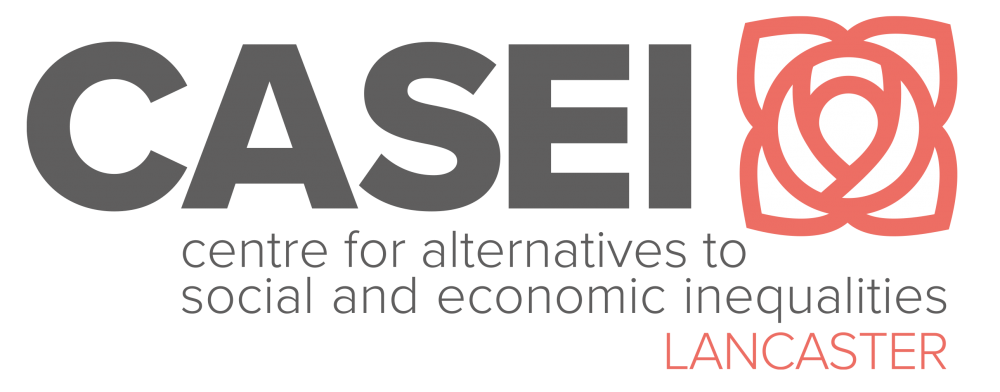Eleanor Rathbone Social Justice Public Lecture 2025, Liverpool University, Wednesday 14th May, 5.30-7.30pm.
CASEI Steering Committee member Professor Imogen Tyler (joined by discussant Ian Sinha, consultant respiratory paediatrician at Alder Hey Children’s Hospital), will give a public lecture (co-authored with Professor Bev Skeggs) elucidating the intersections of effects of multiple forms of pollution impacting on and health and wellbeing. Indexing these processes to austerity cuts and necroeconomic policies, this presentation and subsequent discussion draws attention to the harms and injustices suffered by vulnerable populations living in unacceptable conditions without access to infrastructural support.
Title: “A Licence to Kill: necroeconomic suffocation by stealth”
Three decades of austerity in the UK and a longer history of deregulation, privatisation and financialisation of state services have seen the deterioration of the elemental infrastructures, those that provided a basic level of security for the population. Our water now contains significant amounts of industrial toxins and sewage, our land and soil have been infiltrated by long-standing PCBs that manifest through food, and the air is filled with noxious chemicals. In this talk, we bring air, water, and land pollution together as they are concretised in people’s homes and stealthily embodied through breathing polluted air. We analyse the case of Awaab Ishak, whose death (age two) made these harms visible when he suffocated from mould in his home in Rochdale. Making visible the necroeconomic policies that have made our most intimate spaces for daily living dangerous, we examine the incompetence and indifference displayed by those who profit from their investment in housing, and consider how premature deaths from indoor air pollution have been symbolically legitimated (through classism, racism and xenophobia). We argue that the deregulation and sale (privatisation) of state social housing has granted property owners and managers a licence to kill. However, communities living and working at the frontline of the collapse of Britain’s social and welfare infrastructures are ‘fighting for life’ (Kelley, 2024). In Awaab’s case, it was the determination and tenacity of family, journalists, clinicians, lawyers, and coroners that forced the endemic malignancy at the heart of the deregulated UK housing industry into public view, compelling a national government response. A fight for life that teaches us that we need to put people before profit everywhere.
